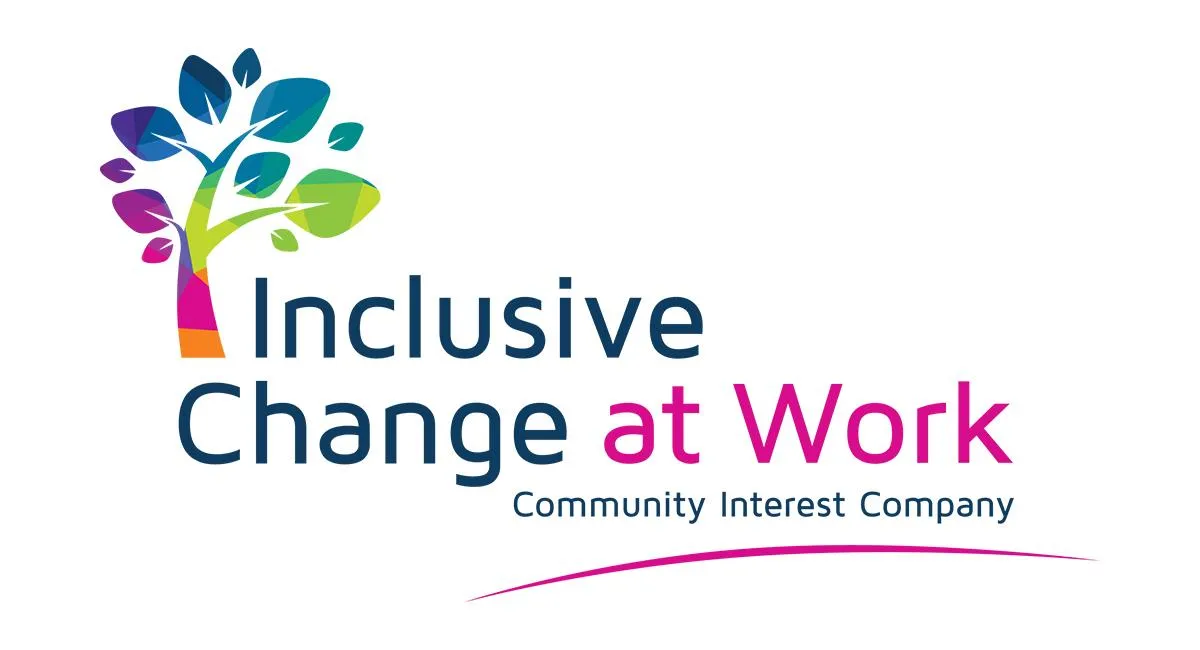Read our Blog
Find out more about our work & team
Learn more about neurodiversity

Embracing Neurodiversity and Differences at Work
In today’s rapidly evolving workplace, diversity has moved beyond a buzzword to become a foundational pillar for progressive organisations. However, one of the most forward-thinking aspects of diversity is still underutilised: embracing neurodiversity and differences. By recognising and valuing the unique strengths of all employees, including neurodiverse individuals, organisations can unlock unprecedented benefits that ripple through every level of their culture and operations.
What is Neurodiversity?
Neurodiversity is the concept of neurological differences, such as autism, ADHD, dyslexia, and others, which are natural variations of the human brain. These differences bring unique strengths and perspectives to problem-solving, innovation, and collaboration. When organisations adopt an inclusive approach to neurodiversity, they cultivate an environment that not only benefits neurodiverse employees but improves conditions for everyone in the workplace.
Why Embrace Neurodiversity and Differences?
1. Diverse Skill Sets Drive Innovation
Neurodiverse individuals often excel in areas like pattern recognition, attention to detail, problem-solving, and creative thinking. For example, individuals with autism might thrive in roles requiring analytical rigour, while those with ADHD often excel in high-energy, dynamic environments. When these unique talents are embraced, teams become more innovative and adaptable.
Moreover, when reasonable adjustments and inclusive practices are extended to all employees, the organisation unlocks diverse skill sets from across its workforce. This encourages employees to work in ways that best suit their strengths, leading to fresh ideas and a competitive edge.
2. Improved Productivity and Performance
When employees feel supported and understood, they perform at their best. Implementing accommodations such as flexible working hours, noise-reducing headphones, or clear communication protocols ensures that employees can work efficiently. The focus on accommodating diverse needs has a cascading effect: when the workplace environment is designed to support everyone, productivity across the board increases.
3. Enhanced Loyalty and Honesty
Organisations that prioritise inclusivity encourage a sense of trust and loyalty among employees. Neurodiverse individuals, in particular, often face barriers in traditional workplaces, so companies that make genuine efforts to accommodate their needs tend to inspire long-term commitment.
Loyal employees, neurodiverse or not, are more honest and engaged, contributing positively to the organisation's culture and output. This translates to lower turnover rates, which reduces recruitment costs and protects institutional knowledge.
4. Improved Attrition and Reduced Recruitment Costs
High attrition rates can be costly. Inclusive workplaces that embrace neurodiversity and implement reasonable adjustments tend to retain their workforce for longer. Employees feel valued and supported, which discourages them from seeking opportunities elsewhere.
Lower turnover directly impacts recruitment costs, freeing up resources to be invested in employee development, training, or other growth initiatives. Additionally, inclusive hiring practices attract a broader talent pool, increasing the likelihood of finding the right person for the role.
Beyond Neurodiversity: A Culture of Inclusion for All
The principles of inclusivity designed for neurodiverse individuals benefit everyone in the workplace. For example:
Clear Communication: Structured communication and clear expectations reduce misunderstandings for all employees.
Flexibility: Flexible working arrangements help not only neurodiverse employees but also those with caregiving responsibilities, chronic health conditions, or personal preferences.
Accessibility: Inclusive practices, such as making information accessible or adapting workspaces, make life easier for everyone.
When organisations invest in a culture of inclusion, they create a workplace where employees feel psychologically safe and empowered to do their best work. This not only leads to improved morale but also positions the organisation as an employer of choice.
The Bottom Line: A Win-Win for organisations and Employees
The business case for embracing neurodiversity and workplace differences is clear. Organisations that adopt inclusive practices enjoy benefits like:
Enhanced innovation and creativity through diverse perspectives.
Higher productivity as employees work in environments tailored to their needs.
Reduced recruitment costs and improved employee retention.
Improved employer branding, making the organisation attractive to top talent.
Most importantly, organisations that embrace neurodiversity and differences take a stand for equity, fairness, and human potential. They lead the charge in creating workplaces where everyone regardless of their neurological or personal differences can thrive.
By adopting a forward-thinking approach to inclusivity, organisations position themselves not just as leaders in their industries but as champions of a future where diversity drives success. Let’s seize this opportunity to build workplaces that truly work for everyone.
Interested to know more about the Neurodiversity Awareness training we offer at Inclusive Change, get in touch enquiries@inclusivechange.co.uk or for more information: Neurodiversity Training from Inclusive Change

A Journey of Neurodiversity Advocacy and Change
Read Lucy Smith's story through an interview with Golden Valley.
Lucy talks about how she became an advocate for neurodivergent people, what drives her to try and make changes for neurodiverse employees and how her own personal experiences with her neurodivergent family have shaped her views and direction in life.

Women in the Middle® Entrepreneurs:
EP #52: Sharing the Positives About Neurodiversity with Lucy Smith.
Suzy Rosenstein, a master life coach, hosts a podcast called Women in the Middle Entrepreneurs, a podcast where these important conversations about the intersection of being a midlife entrepreneur who's also a woman 50 plus can happen.
Coaching & Virtual Assistant Support
Enhance your professional skills and productivity with our coaching and virtual assistant services, designed to empower you in the workplace.
Mentoring
Connect with experienced mentors who will guide and inspire you on your journey to success, providing valuable insights and support along the way.
Work Support
Benefit from personalised support in various aspects of your work life, ensuring a conducive and inclusive environment for your growth and progress.
Interview Support
Prepare for interviews with confidence and poise, with our interview support services aimed at helping you showcase your talents and abilities effectively.
Inclusive Change At Work CIC
Bradbury House
Wheatfield Road
Bradley Stoke
Bristol
BS32 9DB
Companies House: 13271923
ICO registration: ZZB293922
UK register of Learning providers
UKRLP: 10090653

Facebook
LinkedIn
X
Instagram